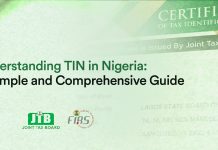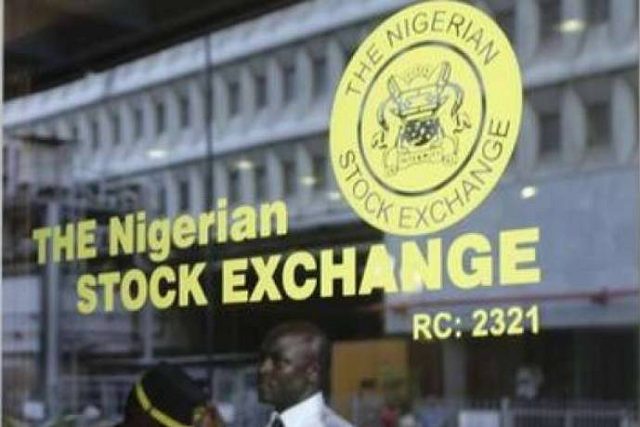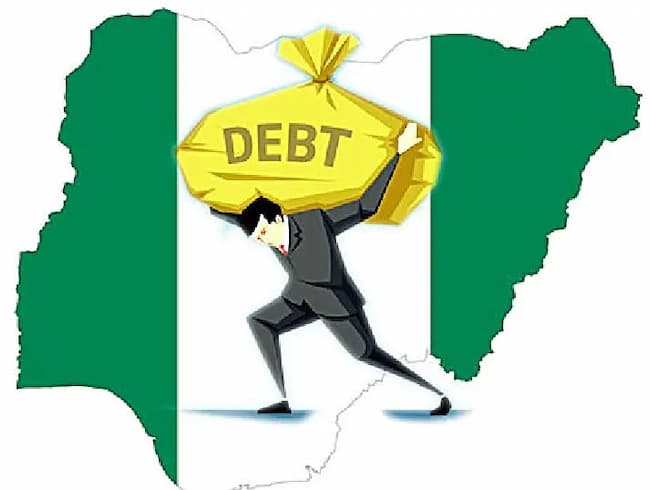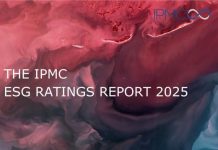During the first eight months of 2021 and the first eight months of 2022, Nigeria’s foreign portfolio deficit fell by N14.5 billion. According to figures from Nigerian Exchange Limited, the deficit fell from N15 billion in the first eight months of 2021 to N1.43 billion between January and August 2022.
The difference between the country’s foreign portfolio outflows and inflows is the deficit. Foreign investor outflows are the removal of foreign investors from a country’s stock market due to factors such as war, geopolitical tensions, and fluctuations in crude oil prices, among others.
In contrast, FPI inflows relate to portfolio equity, net inflows from equity securities, shares, and stocks, as well as direct purchases of shares in local stock exchanges by foreigners.
FPI total inflows in the first eight months of 2022 stood at N149.97 billion, compared to the N123.46 billion recorded in the same period of 2021, improving by 21 per cent.
The outflows of the FPI surged to N151.40 billion by August 2022 compared to N139.39 billion, a total increase of 8.6 per cent.
Stockbroker and analyst, David Adonri, said the improvement could be attributed to the influx of more foreign investors patronising Nigerian stocks. He said there was a massive pullout of foreign investors from the Nigerian stock in 2021 compared to what was being witnessed this year.
According to Adonri, “More foreign portfolio investors exited the market last year. And very few of them remained in the market.
“Out of the few that remain in the market up till this year, you now have that little figure,” he said.












